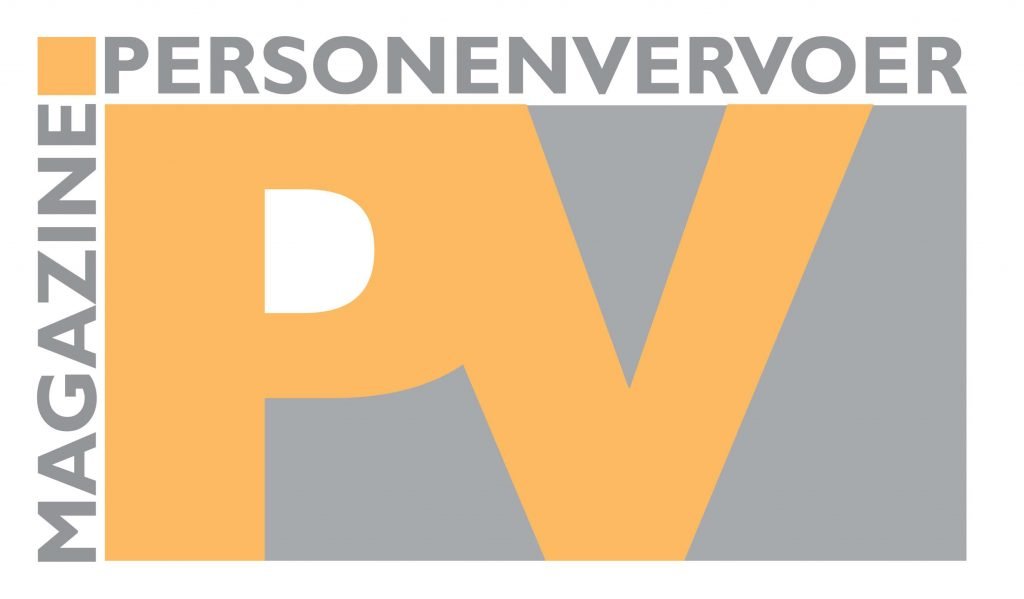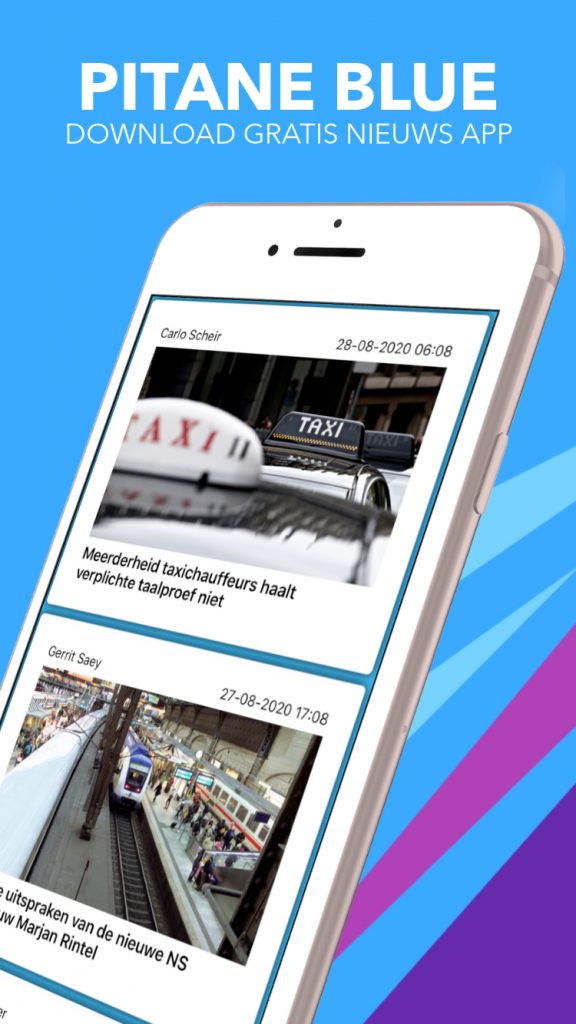The travel advice from the Ministry of Foreign Affairs has now largely colored the world map orange and red. Minister Blok, Minister Van Nieuwenhuizen and State Secretary Van Veldhoven (Infrastructure and Water Management) are tightening up the campaign to discourage unnecessary travel by car, train or plane to risk areas, for example. According to the trade magazine Passenger Transport Magazine the cabinet has made additional agreements with various sectors, insurers and the travel industry to prevent the booking of holidays to areas or countries with orange or red travel advice. The following applies to everyone in the Netherlands: is your trip not necessary? Stay at home!
Traveling abroad is a risk in the current situation. People who want to go on holiday abroad must take into account that the health situation in a country can change quickly, causing the holiday destination to suddenly turn orange, with all the associated consequences. With regard to a holiday trip to an area with an orange or red travel advice: do not go.
In a letter to the Lower House, the ministers and state secretary announce actions to reinforce this message. On the website 'nederlandwereldwereld.nl' of the Ministry of Foreign Affairs, the message is: 'do not book holiday trips to areas with an orange travel advice'. This message will also appear in the separate travel advisories for the respective areas. Advertising space is purchased on travel comparison sites with a reference to travel advice.
Minister Van Nieuwenhuizen uses online traffic management to approach motorists directly. Via the navigation tool 'Waze' and social media, motorists are informed of the orange travel advice and the consequences if you do go, such as quarantine. State Secretary Van Veldhoven has agreed with NS International that they will not promote tickets for international train connections, including the new international train connections to Vienna and London, when it comes to areas where an orange travel advice applies.
In addition, various members of the cabinet will be talking to various parties from the travel and transport industry to make agreements about not promoting travel to risk areas and a consistent reference to the travel advice of the Ministry of Foreign Affairs. It has been agreed with the Dutch Association of Insurers that they will actively ask insurers to bring information about travel to areas with an orange travel advice to the attention of their customers. In addition, the Netherlands Authority for Consumers and Markets and the Advertising Code Committee were asked whether the promotion of travel to areas with an orange travel advice was not a misguidance. The Netherlands Authority for Consumers and Markets and the Advertising Code Committee have indicated that they include this signal in their supervisory duties.
Holidays abroad have decreased significantly since the outbreak, which is also reflected in the occupancy rate at transport companies.
- For bus trips to and from the Netherlands, Flixbus, the largest European bus operator, was at 41% of the number of passengers in July and August compared to the same period in 2019.
- For Schiphol, the numbers in July and August are even lower compared to 2019: 24% of the number of passengers, 43% of the number of movements with an average occupancy rate of 54%.
- According to the Netherlands Bureau for Tourism & Conventions (NBTC), the number of Dutch holiday plans will decrease further for the rest of the year.
Also read: Coronamelder must not lead to the cancellation of taxi drivers




